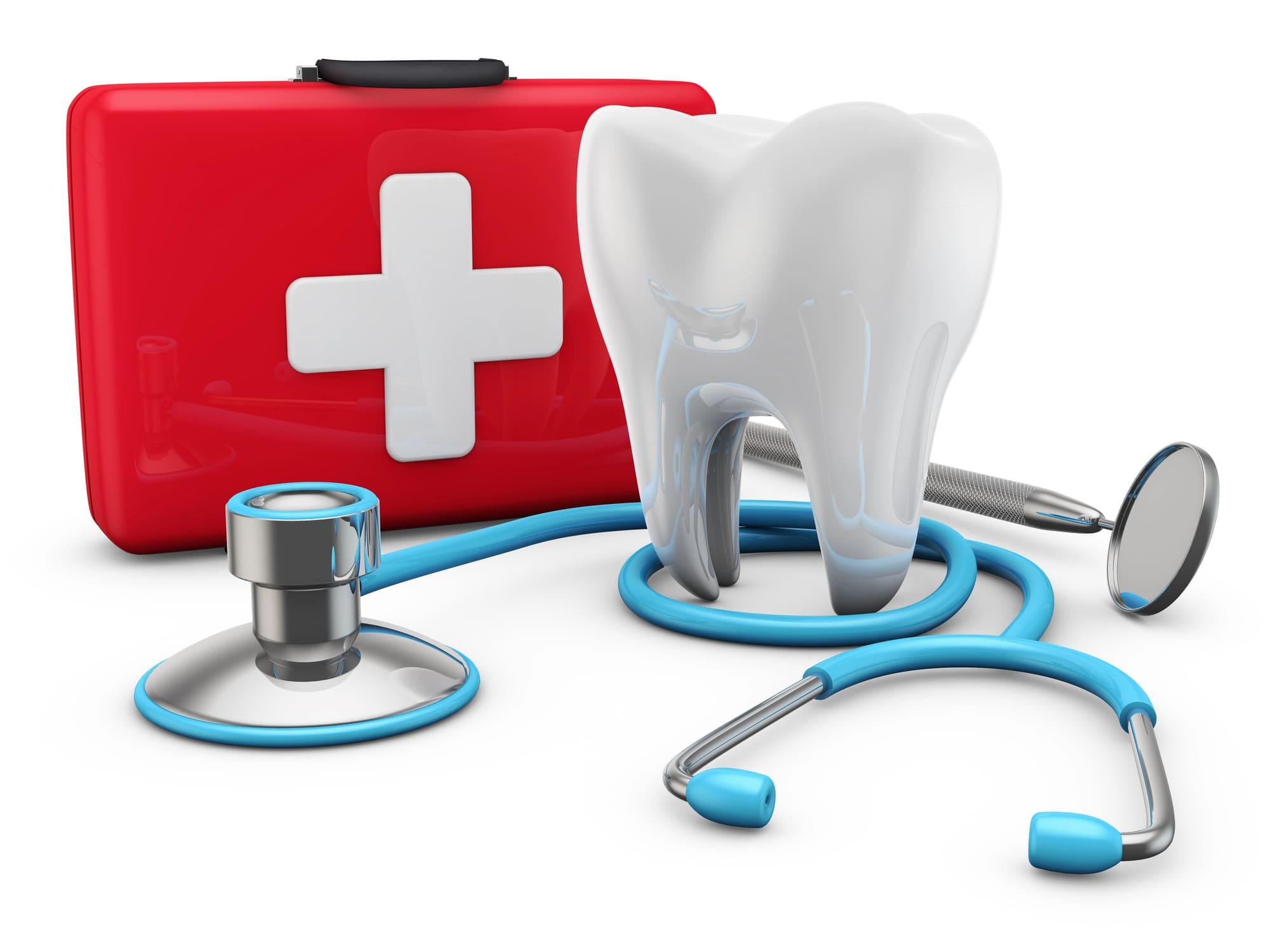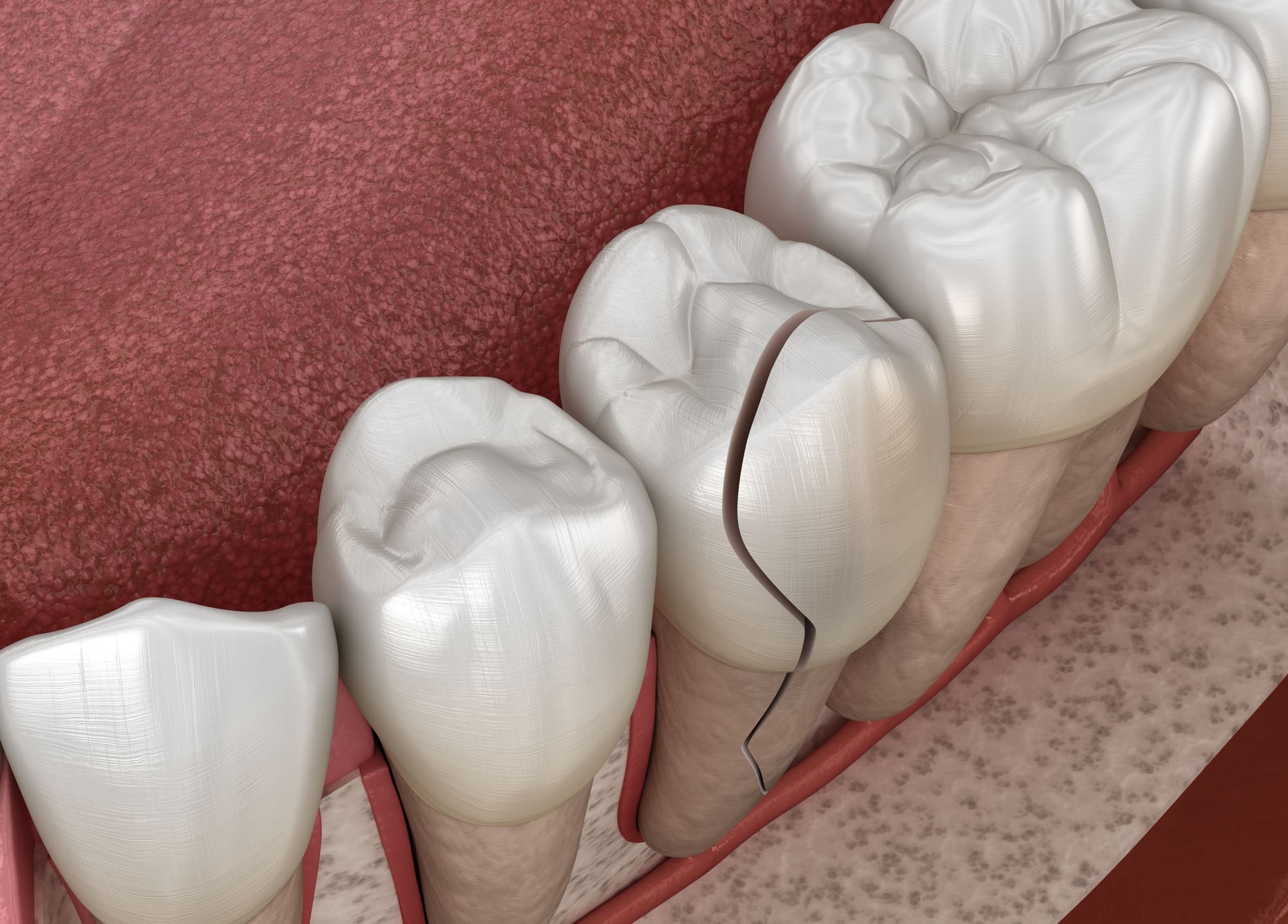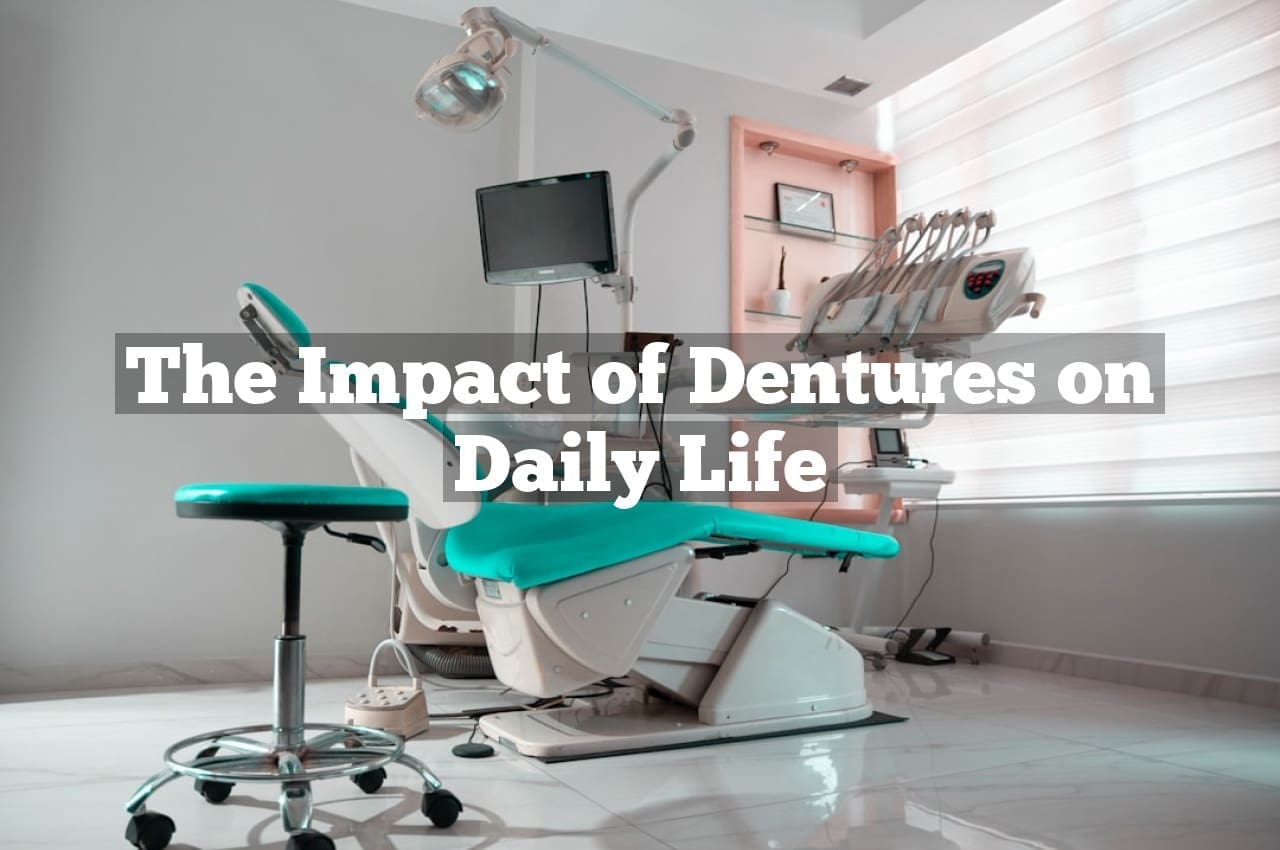Are you aware of how to identify urgent dental conditions? Recognizing these critical issues is essential for maintaining oral health. Urgent dental conditions can range from severe toothaches to abscesses, each requiring awareness and understanding of their potential impact on overall well-being.
Signs of Urgent Dental Conditions Like Dental Abscess
Recognizing the signs of a dental abscess is crucial when dealing with urgent dental conditions. A dental abscess is a severe infection that occurs around the root of a tooth or in the space between the teeth and gums. Common symptoms include persistent, throbbing pain that may radiate to the jawbone, neck, or ear, sensitivity to hot and cold temperatures, swelling in the face or cheek, and a foul taste in the mouth. Additionally, fever and swollen lymph nodes can accompany an abscess, signaling that the infection might be spreading.
Prompt treatment is essential to prevent the spread of infection and more serious health complications. If you notice any of these symptoms, it’s important to seek immediate dental care. For more detailed information on what constitutes a dental emergency, visit our page on Most Common Dental Emergencies Explained.
Symptoms of Cracked Teeth
Identifying urgent dental conditions early can significantly impact the overall health of your teeth. One common issue is cracked teeth, which can vary in severity and sometimes be hard to notice. Symptoms often include sudden pain when biting down or chewing, especially when releasing the bite. The pain may be intermittent and not constant. Sensitivity to hot, cold, or sweet stimuli is also a typical sign, as the crack can expose the dentin or even the pulp, making the tooth more sensitive.
Another indicator of a cracked tooth could be discomfort or pain that comes and goes, making it difficult to pinpoint which tooth is causing the problem. In some cases, there might be visible signs such as a tiny line on the tooth surface, although not all cracks are visible without professional dental assessment. If you’re experiencing any of these symptoms, it’s crucial to seek professional advice. For more information on handling such situations, consider reading about Urgent Dental Treatment in Commack.
Recognizing Gum Infections
Gum infections are often overlooked but can escalate into urgent dental conditions if not identified early. These infections typically manifest as swelling, redness, and bleeding in the gums. Such symptoms might seem common, but they are indicators that something is not right with the oral health environment. Recognizing these signs is crucial as they play a significant role in the overall health of your teeth and gums. Ignoring these symptoms can lead to more severe health issues, emphasizing the importance of awareness in maintaining dental health.
Indications of Lost Fillings
Recognizing the signs of lost fillings is crucial in addressing urgent dental conditions effectively. When a filling is lost, you might notice an increased sensitivity to hot, cold, or sweet foods and drinks. Additionally, there may be a sudden pain or discomfort when chewing, or you might feel a rough edge with your tongue in the area where the filling was previously. It’s important to be aware of these indications as they can help in identifying the need for further dental assessment. For those in Commack seeking professional evaluation, consider visiting Commack Dentist at Gentle Dental.
Identifying Tooth Displacement
Tooth displacement is a common issue among urgent dental conditions, where a tooth is either partially or completely knocked out of its normal alignment in the jaw. This condition can occur due to various reasons such as an accident, sports injury, or a fall. Recognizing the signs of tooth displacement early can be crucial for addressing the situation appropriately. Symptoms typically include noticeable misalignment of the tooth, pain, and sometimes bleeding. Identifying such dental emergencies promptly ensures that appropriate measures can be taken.
Detecting Severe Toothache Causes
When it comes to urgent dental conditions, a severe toothache is often a top indicator that something significant is amiss. Detecting the causes of a severe toothache can be crucial in preventing further complications. Common culprits include cavities, abscesses, cracked or fractured teeth, or gum disease. Each of these conditions can escalate quickly, necessitating prompt attention from a dental professional. Understanding the underlying causes of your toothache not only helps in alleviating pain but also in preserving your overall dental health. If you experience persistent, severe pain, it’s imperative to seek professional evaluation to address any potentially serious dental issues promptly.
Understanding Persistent Oral Bleeding
Persistent oral bleeding is a significant symptom that should never be ignored, as it often indicates urgent dental conditions that require immediate attention. Whether it’s due to trauma, gum disease, or after a dental procedure, continuous bleeding can lead to serious complications if not addressed promptly. Understanding the causes and seeking timely treatment can prevent further health issues and ensure your oral health is maintained. If you experience persistent bleeding, it’s crucial to consult with a dental professional who can diagnose the underlying cause and provide the necessary care.
Recognizing Swollen Jaw Issues
When it comes to urgent dental conditions, identifying tooth displacement is crucial. A displaced tooth can result from trauma or injury, leading to severe pain and a noticeable misalignment in your bite. If you notice any looseness or abnormal movement in your teeth, it’s important to seek immediate dental care. Early intervention can prevent further complications, such as nerve damage or tooth loss, and help maintain overall oral health. Recognizing these signs promptly ensures that you receive the necessary treatment to alleviate pain and restore function.
Signs of Severe Dental Trauma
When it comes to urgent dental conditions, recognizing the signs of severe dental trauma is crucial for timely and effective treatment. Severe dental trauma often presents as significant tooth displacement or avulsion, where a tooth is either knocked out or severely moved from its original position. Other alarming signs include persistent bleeding, large fractures of the tooth or jaw, and severe pain that does not subside with over-the-counter pain relievers. Swelling in the mouth or facial area, especially if it impedes breathing or swallowing, also indicates a serious issue. If you experience any of these symptoms, it’s essential to seek immediate dental or medical attention to prevent further complications and enhance the chances of a full recovery.
Conclusion
For urgent dental conditions, consider your options carefully. If you need to discuss further, call us at 631-261-3033 or read our reviews on Google Maps.










